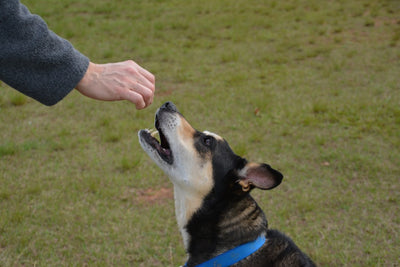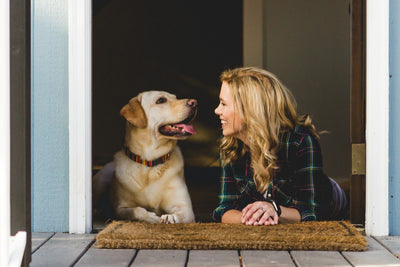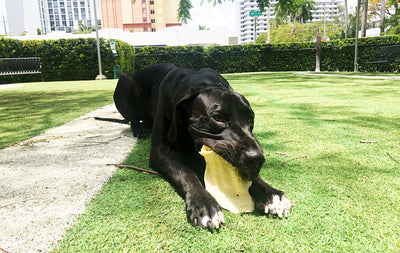Much like humans, dogs can have food allergies, too. And like humans, those allergic responses can range from itchy and irritating to severe and dangerous. Food allergies in dogs can begin at any age. They can start even if the dog has been eating the same food for months or years.
Symptoms in Dogs
Some food allergy symptoms your pet may show are: Itchy skin: Also known as allergic dermatitis, this is the most common type of allergy. Irritated, itchy skin can happen anywhere on your pet's body. It often occurs near the:
- Ears
- Paws
- Stomach
- Rear-end
Hives: These itchy red bumps, also known as urticaria, may pop up a few hours to 24 hours after your pooch eats the food he's allergic too. These are easier to see on dogs with short hair. Otherwise, you may have to feel for them. Itchy skin and hives have two common side effects:
Your pet likely will scratch, bite, and lick the affected areas, which can lead to small wounds. If the affected area is easy to reach, and your pet continually bites and scratches it, there is a chance your dog could get an infection and need treatment.
Continuous scratching and biting can lead to hair loss.
Tummy trouble: Allergies may also cause gastrointestinal issues, such as flatulence, vomiting, and diarrhea.
Swollen face: You may see swelling in your pet's lips or eyelids. Persistent ear or paw infections: persistent infections in your dog's ear or paws may be a sign of food sensitivity, not necessarily a food allergy. It's important to know the difference between food allergy and sensitivity. In some cases, allergies trigger an immediate immune system response. Food sensitivity doesn't. Your pet may have food sensitivity if he's having a progressive reaction to an ingredient in his food.
Typical Allergens
When it comes to food, the most typical culprits is:
- Beef
- Chicken
- Dairy products
Less typical allergens include:
- Corn
- Wheat
- Rice
- Barley
- Oats
Treatment
For mild cases of sink irritation, baby lotions for allergies can help soothe and put your pet at ease, allowing you time for you to visit the vet and find the culprit allergen. For more severe cases of allergies, consult your veterinary for dietary suggestions, and to understand the changes you might need to implement to keep your pet healthy. If the allergic reaction is severe and your pet is having trouble breathing take your pet to the emergency room immediately. For any additional pet, tips subscribe to our mailing list.






